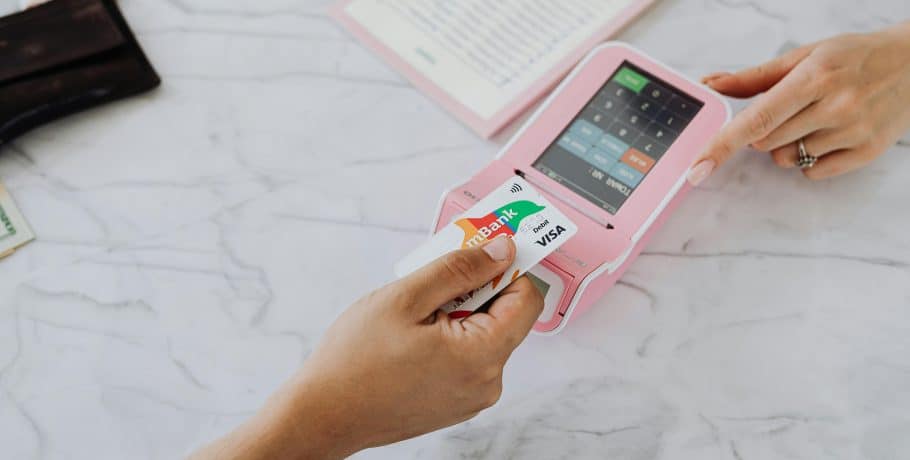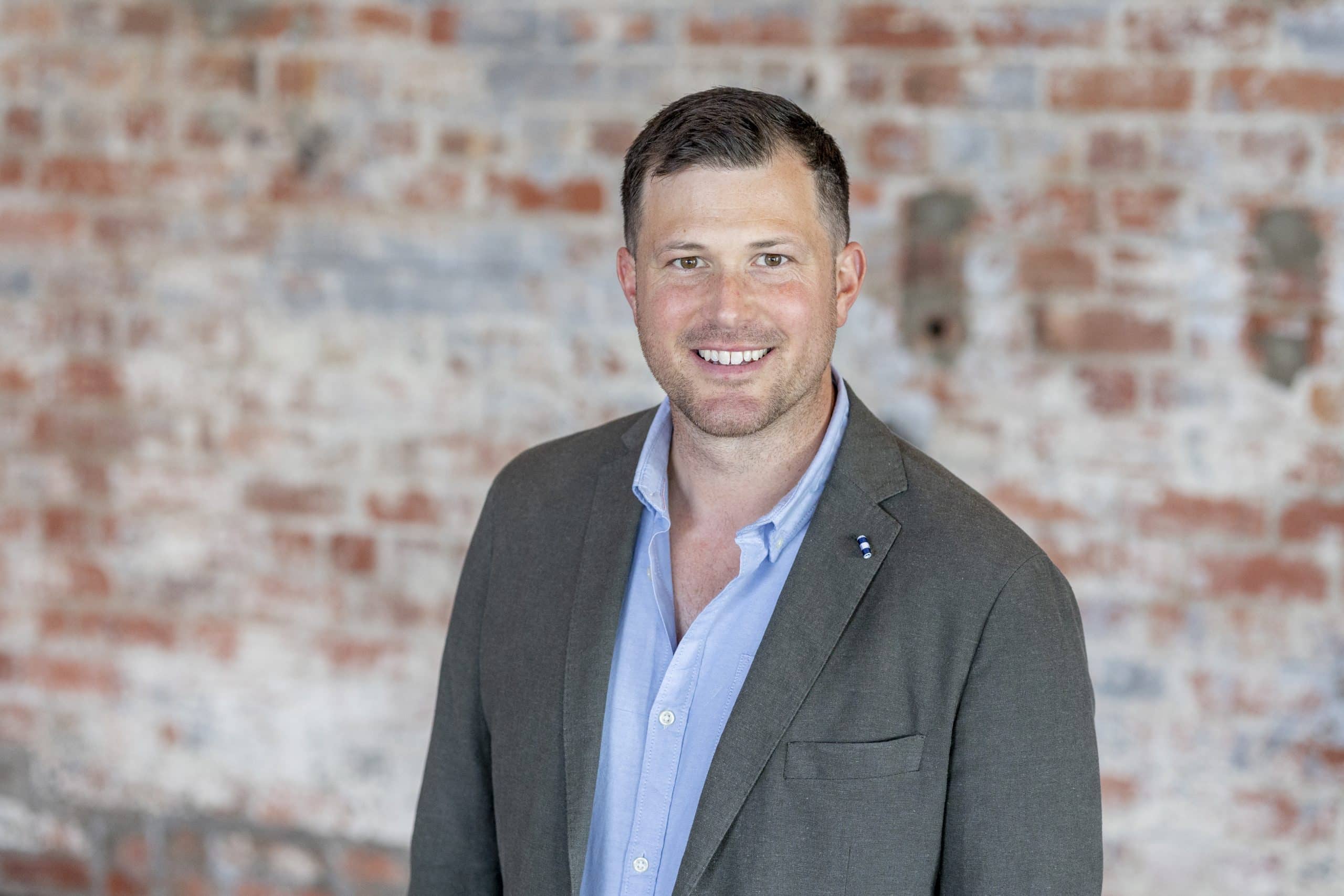How Long Do You Need to Stay with a Lender After Taking a Cashback?

Cashback offers are one of the most tempting perks when refinancing a home loan. Some banks offer $2,000–$4,000 to attract new customers. But those deals aren’t given out for free.
Lenders expect you to stick around for a while. And in some cases, there are conditions that require it.
Here’s what you need to know before you take the cash and run.
Typical Cashback Conditions
Most cashback deals are paid once your new loan settles and remains active for a certain period.
Some banks pay the bonus within a couple of weeks. Others might take two or three months. And the fine print often says you need to still have the loan at that point. That’s the first checkpoint.
Beyond that, many cashback offers include a minimum stay period, usually 12 months. If you refinance or pay out the loan before then, the bank may claw the cashback back from your loan payout figure.
Not all lenders do this, but it’s becoming more common—especially since some borrowers were jumping from one cashback deal to another in quick succession.
Always check the offer terms. Look for phrases like “if the loan is repaid in full within 12 months, the cashback may be debited from your account at discharge.” That’s the clause you want to avoid triggering.
What About Broker Clawbacks?
If you used a mortgage broker, there’s another angle.
When a broker arranges your loan, they’re paid a commission by the lender. But if you leave the loan within a certain period (usually 12–18 months), the lender claws back that commission from the broker.
Some brokers include a clause in their client agreement saying you’ll need to reimburse them if this happens. Others don’t.
It’s something to check with your broker. Even if you’re not directly affected, switching too soon can burn goodwill. That could matter if you need help again later.
So, How Long Should You Stay?
The safe answer is 12 months. That’s the most common minimum timeframe to avoid triggering a clawback.
Some lenders might only require six months. Others stretch it to 18. But if you stick with a one-year stay, you’re unlikely to run into trouble.
After 12 months, you’ve met most lenders’ cashback terms and have likely repaid any upfront costs through interest savings.
From there, you can reassess. If their rate is no longer competitive, you can consider refinancing again.
What Happens If You Leave Earlier?
If there’s no clawback clause in your contract, technically, you can leave whenever you like.
But there are a few things to consider:
- You’ll pay switching costs again.
Refinancing comes with discharge fees, new application fees (unless waived), and possibly government charges. If the bonus barely covers those, jumping ship too soon could cost more than it saves. - It could affect your credit.
Frequent refinancing shows up on your credit report. If you’ve switched loans multiple times in quick succession, future lenders might be cautious. - The next lender might say no.
Some banks have stopped offering cashback to customers who just took one elsewhere. You could be flagged as a serial switcher. - You might lose standing with your current lender.
If you take the bonus and leave six months later, it’s unlikely they’ll roll out the red carpet next time you ask for a loan.
Can You Hop from Cashback to Cashback?
Technically, yes. Some borrowers have done it. There are even forums and Reddit threads tracking the latest offers.
But banks are catching on. By late 2023, most of the big four had pulled cashback offers altogether, citing unsustainable churn.
Smaller banks and second-tier lenders still offer them, but with tighter rules. The more borrowers push the system, the more these offers will dry up.
So while it might work once or twice, it’s not a long-term strategy.
Final Thought
If you’ve taken a cashback, stay at least 12 months. That’s the cleanest, safest path. You avoid repayment clauses, maintain a good track record with your broker, and give the new lender a fair shot.
After that, feel free to review your loan and see if there’s a better deal available.
Cashbacks are a tool, not a trap. Used well, they can give your finances a solid boost. Just be sure you’re not giving it all back by leaving too soon.

